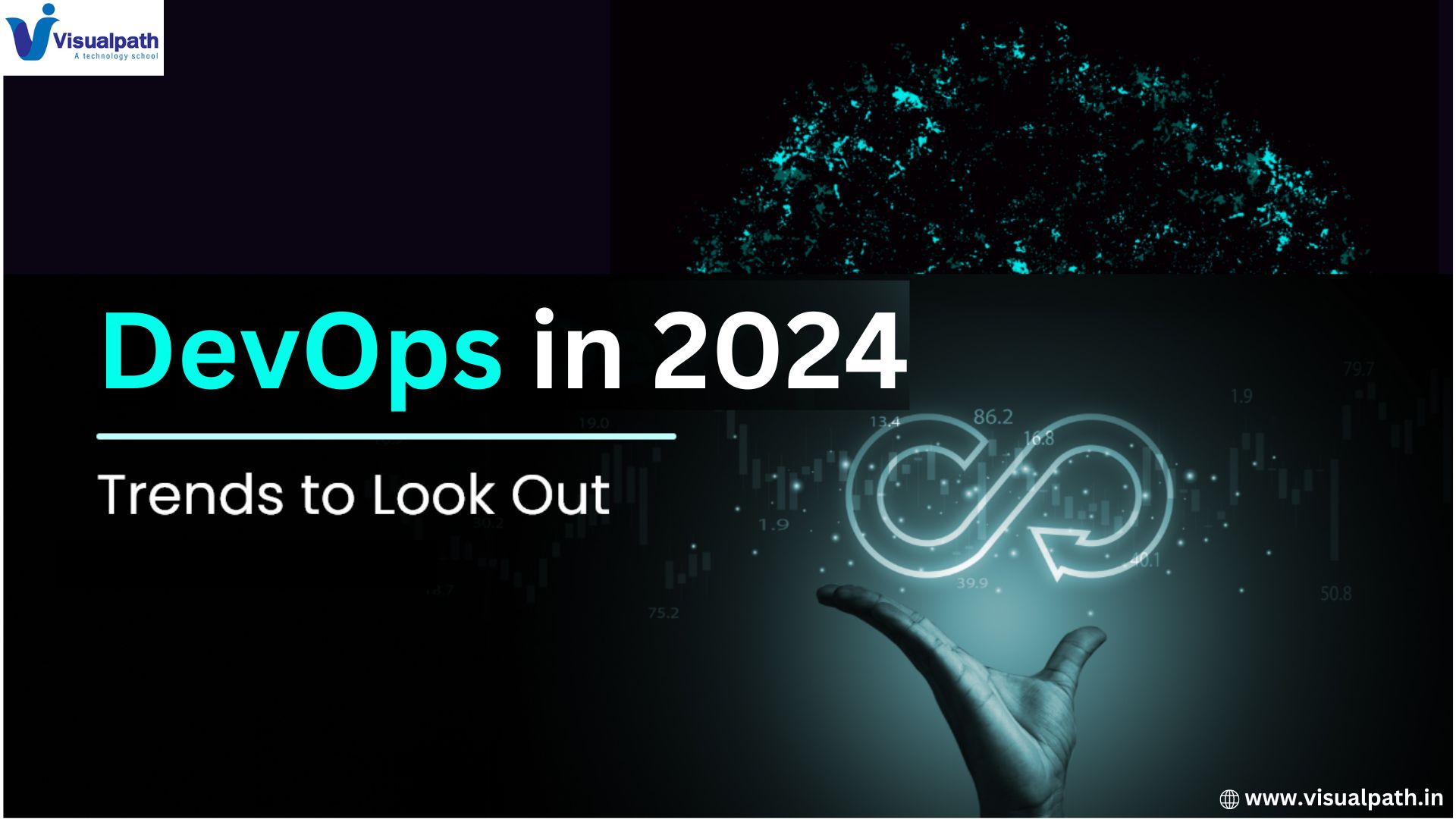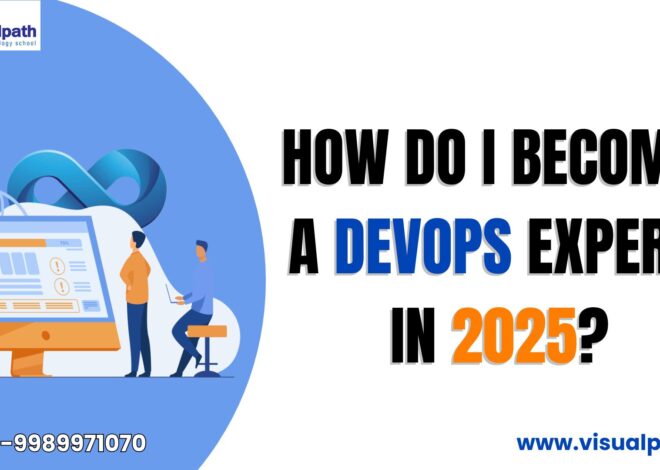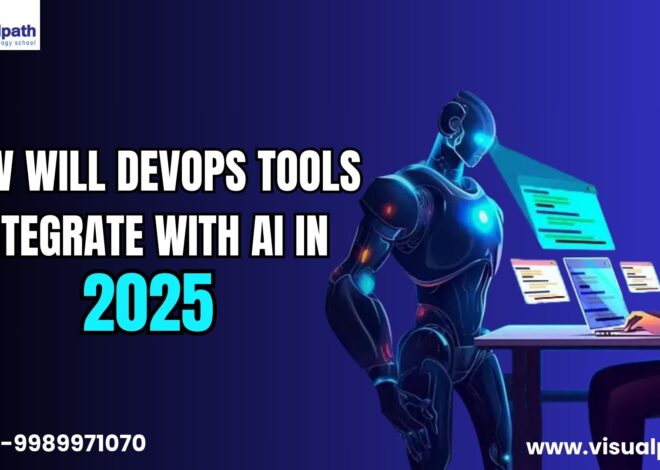The year 2024 marks a new era for AWS DevOps, where the Amazon Web Services platform empowers development and operations teams to achieve unprecedented levels of collaboration and agility. In this dynamic cloud environment, a sophisticated toolkit is essential to deliver applications faster, more reliably, and at scale. Let’s explore the key trends shaping the AWS DevOps landscape in 2024 and the tools within the vast AWS ecosystem that enable practitioners to achieve DevOps nirvana.
The DevOps Pillars: Automation, Security, and Collaboration
Three core principles underpin successful DevOps practices in 2024:
- Automation: Repetitive tasks are a bottleneck in the DevOps pipeline. Tools like Jenkins, GitLab CI/CD, and ArgoCD automate build, test, and deployment processes, freeing up valuable developer and operations resources for innovation. These tools seamlessly integrate with containerization technologies like Docker, enabling efficient container image management and deployment. DevOps Training
- Security: Security is no longer an afterthought; it’s woven into the fabric of the DevOps pipeline. Infrastructure as Code (IaC) tools like Terraform and Ansible enforce security best practices by codifying infrastructure configurations. Additionally, Security Information and Event Management (SIEM) tools like Splunk and ELK Stack provide real-time security insights, allowing teams to identify and address vulnerabilities proactively.
- Collaboration: Effective communication and collaboration are crucial for success. Communication platforms like Slack and Microsoft Teams facilitate seamless information sharing across development and operations teams, fostering a culture of shared responsibility and faster issue resolution.
The 2024 DevOps Toolbelt: Essential Tools for Every Stage
A well-equipped DevOps team in 2024 utilizes a diverse set of tools across various stages of the development lifecycle: DevOps Training Online
- Version Control Systems (VCS): Git remains the undisputed king of version control, enabling developers to track changes, collaborate on code, and revert to previous versions seamlessly.
- Containerization Technologies: Docker continues to dominate the containerization landscape, offering lightweight, portable runtime environments for applications. Container orchestration platforms like Kubernetes manage container deployments and scaling across complex infrastructure.
- Configuration Management Tools: Managing infrastructure configurations manually is prone to errors. Tools like Ansible and Chef automate infrastructure provisioning and configuration, ensuring consistency and repeatability. DevOps Online Training
- Continuous Integration and Continuous Delivery/Deployment (CI/CD): CI/CD pipelines automate the software delivery process, enabling frequent integration, testing, and deployment of code changes. Tools like Jenkins, GitLab CI/CD, and Azure DevOps Pipelines facilitate the creation and management of these pipelines.
- Monitoring and Observability Tools: Monitoring application performance and infrastructure health is critical for proactive issue identification. Tools like Prometheus, Grafana, and Datadog provide real-time dashboards and visualizations, allowing teams to identify and troubleshoot problems before they impact users.
Emerging Trends: The Future of DevOps
The DevOps landscape is constantly evolving. Watch out for the following major trends in 2024: AWS DevOps Training
- AI and Machine Learning (AI/ML): AI/ML is transforming DevOps by automating tasks, predicting potential issues, and optimizing resource allocation. AI-powered tools can analyze historical data to identify patterns and predict when deployments might fail, enabling proactive mitigation strategies.
- Serverless Computing: Serverless architectures are gaining traction, allowing developers to focus on application logic without worrying about infrastructure management. Platforms like AWS Lambda and Azure Functions provide on-demand serverless execution environments, enabling faster development cycles and improved scalability.
- GitOps: GitOps is an emerging approach that leverages Git as the single source of truth for infrastructure and application configurations. This approach ensures consistency and simplifies deployments by treating infrastructure as code that can be versioned and managed like any other codebase.
Choosing the Right Tools for the Job
With a vast array of DevOps tools available, selecting the right ones can be a challenge. Here are some key considerations: AWS DevOps Online Training
- Team Size and Needs: Smaller teams might opt for all-in-one solutions, while larger organizations might require a combination of specialized tools.
- Existing Infrastructure: Consider existing infrastructure and choose tools that integrate seamlessly with your current environment.
- Scalability: Ensure the chosen tools can scale to meet your growing needs.
- Open Source vs. Proprietary: Open-source tools offer flexibility and customization, while proprietary solutions might provide more comprehensive support.
The DevOps Journey: Continuous Learning and Improvement
DevOps is a continuous journey of learning, adapting, and improving. By embracing the latest tools and technologies, fostering a culture of collaboration, and continuously learning, DevOps teams in 2024 can achieve a higher level of agility, efficiency, and reliability, enabling them to deliver exceptional software experiences. AWS DevOps Course Online Hyderabad
Visualpath is the Leading and Best Software Online Training Institute in Hyderabad. Avail complete DevOps Training Worldwide. You will get the best course at an affordable cost.
Attend Free Demo
Call on – +91-9989971070




